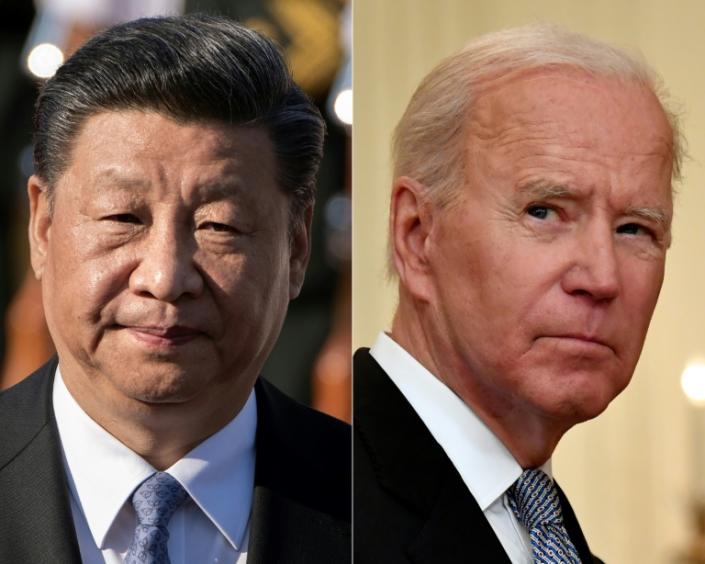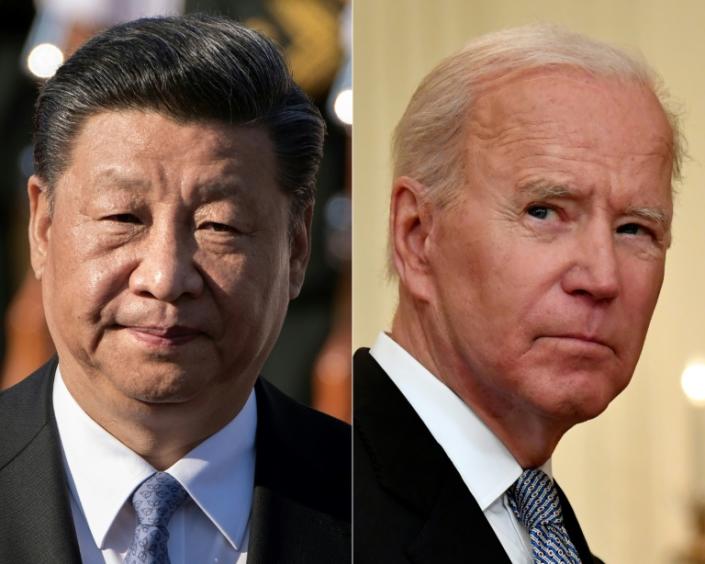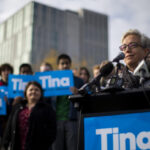
Joe Biden will meet with his Chinese counterpart Xi Jinping on November 14 on the sidelines of the G20 summit, the White House said Thursday, in their first face-to-face talks since the US leader became president.
The two met prior to Biden taking office and have spoken by phone a number of times over the past 22 months, but the Covid-19 pandemic and Xi’s aversion to foreign travel has prevented them from meeting in person.
“The leaders will discuss efforts to maintain and deepen lines of communication,” as well as how to “responsibly manage competition and work together where our interests align,” White House spokeswoman Karine Jean-Pierre said in a statement.
Their meeting during the summit in Bali comes after Xi last month was awarded a landmark third term as Chinese Communist Party General Secretary.
Biden, meanwhile, could have a tougher road ahead for the next two years after Tuesday’s midterm elections likely left opposition Republicans in control of one, if not both, of the chambers of the US Congress.
Still, Biden is headed into the trip “with the wind at his back,” White House National Security Advisor Jake Sullivan said Thursday, with “an excellent opportunity both to deal with competitors from a strong position and to rally allies.”
The United States and China have a massive investment and trade relationship but are also challenging each other’s military and diplomatic influence, especially in the Asia-Pacific region.
They also face a potential flash point over the self-ruled island of Taiwan, a close ally of the United States that Xi has made clear he believes should be under Beijing’s control.
On Wednesday, Biden said he has already made clear to Xi that he is “looking for competition, not conflict.”
Biden said they will discuss Taiwan, but added that the US stance on the island “has not changed at all from the very beginning.”
– ‘Bigger picture’ –
Also on the menu are stepped-up missile test launches by North Korea, which the United States and allies consider a growing threat to East Asia.
Washington wants Beijing to pressure North Korean leader Kim Jong Un to reel back its activities and engage in talks on denuclearization.
The two countries have also dealt with tension in recent months as Biden would like to see Beijing distance itself from Moscow amid Russia’s war in Ukraine.
But according to Sullivan, the United States has not seen China sending weapons for use on the battlefield since Biden and Xi’s last conversation.
“And we have not seen wholesale efforts to backfill or undermine the sanctions regime,” he said.
Biden said Wednesday he would like to “understand what (Xi) believes to be in the critical national interests of China, what I know to be the critical interests of the United States, and to determine whether or not they conflict with one another.”
“And if they do, how to resolve it and how to work it out,” he added.
According to Sullivan, Biden and Xi “actually do have a robust back and forth.”
“That bigger picture conversation is probably the most important element of this meeting,” he said, cautioning against expectations of any “specific deliverables” coming out of the conversation.
aue/pmh/sw/caw/bgs




